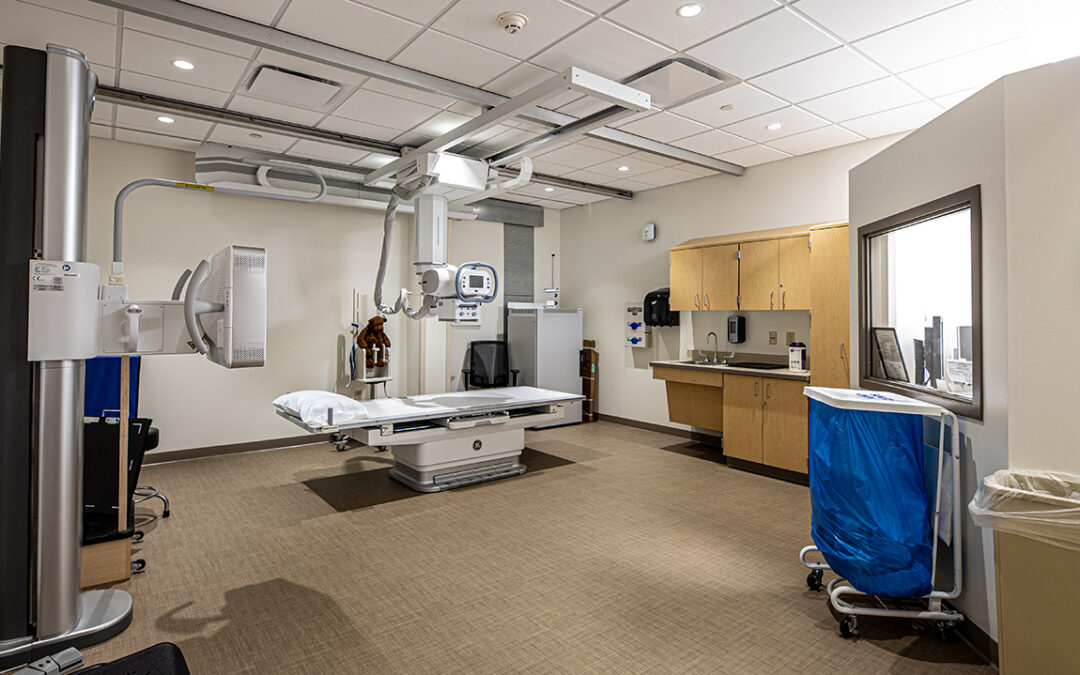In the construction industry, the healthcare sector contains more intricacies and considerations than nearly any other sector. When working in this market, construction goes beyond new facilities or repurposed spaces. At Beeler we recognize that we are creating environments that support medical professionals and promote healing for patients while prioritizing safety to help ensure the highest quality of care.
Let’s explore some of those complexities in healthcare construction.
Regulatory Compliance
Healthcare facilities are required to meet rigorous standards and regulatory requirements to preserve patient safety and privacy and to ensure compliance with industry guidelines. As construction companies strive to meet these constantly changing requirements, the work becomes more complex, requiring experts that use constant and consistent communication with the facility, design team, regulatory agencies, and end users.
Infection Control
To maintain a sterile environment, healthcare construction must always prioritize infection control measures. Implementing strategies such as containment barriers, negative air within the construction area, and clean work practices minimizes dust, debris, and contaminants to ensure that construction activities do not impact patient care.
Specialized Infrastructure
Healthcare facilities require advanced infrastructure with redundancies to support life-saving activities along with specialized equipment such as MRI machines, CT scanners, and surgical suites. In healthcare design and construction, companies must account for these things with specific electrical and mechanical needs along with the structural impact associated with them.
Stakeholder Management
Construction in the healthcare field involves a wide range of shareholders—administrators, professionals, regulatory agencies, and patients to name a few—which can make communication and project coordination complex. Companies must effectively balance competing priorities and interests while successfully aligning stakeholder needs with construction plans.
Minimizing Disruptions
Construction projects must be carefully coordinated to avoid interrupting ongoing patient care, which can be especially challenging in facilities that operate 24/7. To ensure minimal disruptions, companies may need to use phased construction, after-hours work, noise mitigation, vibration control, and more.
Healthcare systems will continue to face industry-specific complexities, requiring coordination and expertise to overcome these challenges in construction and deliver facilities that meet the unique needs of patients, healthcare providers, and communities.
When choosing a partner for your healthcare project, Beeler Construction can help you expertly navigate construction intricacies. Contact us to learn more about our facility-specific approach.

